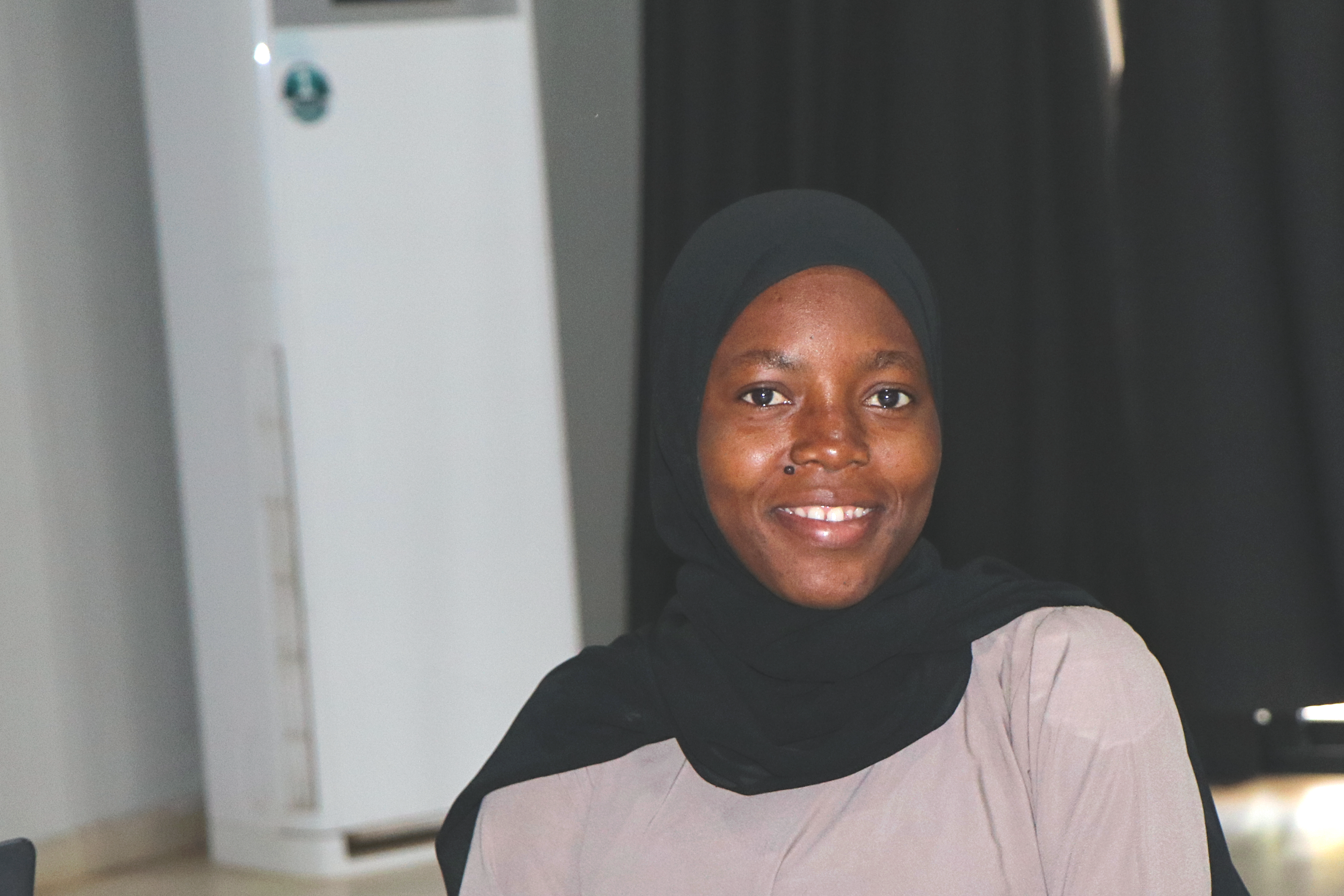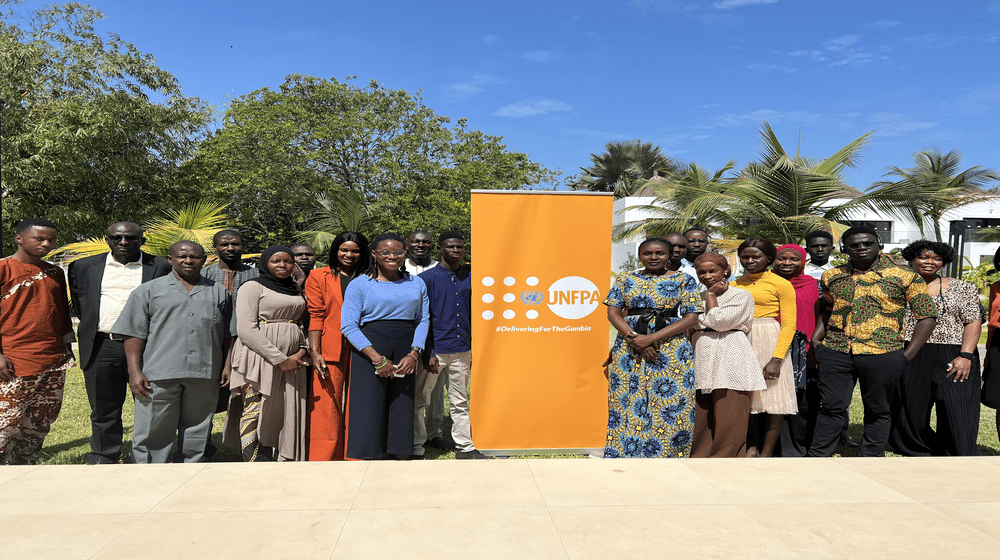According to the World Health Organization (WHO), 15% of the world’s population has a disability, translating to over one billion people globally. Reports indicate that persons with disabilities are disproportionately affected by various forms of violence. They are predisposed to higher health risk factors and mortality rates due to the increased likelihood of poverty and inequalities. Women and girls with disabilities experience exacerbated rates of violence, discrimination, and exclusion, based on their gender and disability and other forms of intersecting identities. In The Gambia, reports by the Gambian Federation of the Disabled (GFD), indicate that more than 10% of the population has a disability, with widespread cases of stigma and discrimination across various fronts in society which still exist, resulting in increased invisibility due to shame and other cultural beliefs.
To address this stigma and discrimination and promote the rights and wellbeing of persons with disabilities in The Gambia, United Nations Population Fund (UNFPA) in partnership with GFD organised a two-day capacity training for 25 members of the media on ethical reporting of disability issues. The training sought to create opportunities for the media to unlearn and dispel myths and misconceptions about persons with disabilities, and to ensure accurate factual reporting. It is paramount to note that the media have a crucial role in influencing public awareness and deepening social norms. They can empower and promote the rights of all people in society, including persons with disabilities, by giving their voices the platform they deserve.
During the training, media personnel were trained on how to use their skillset to address the negative stigma associated with persons with disabilities, and ways to promote and empower them through reporting. Isatou Keita, a reporter with GRTS who participated in the training, said it was an incredibly informative and eye-opening experience. For her as a journalist, “the training provided a comprehensive understanding of disability issues, including the challenges faced by people with disabilities, their rights, and the importance of inclusive reporting”. Participants had the opportunity to hear from experts in the field and engage in interactive discussions on the need to promote the rights of persons with disabilities. The sessions covered a wide range of topics, such as disability rights frameworks, accessibility considerations, and the portrayal of persons with disabilities in the media.

Isatou further emphasised how this training gave her a new skillset in reporting stories on the rights of persons with disabilities:
After the training, my goal is to raise awareness about disability-related issues, challenge stereotypes, and promote a more inclusive society through my work. I will strive to provide accurate and respectful coverage that highlights the strengths, achievements, and challenges faced by people with disabilities.
Following the training, ten media houses sought to further collaborate with disability organizations, experts, and individuals to further amplify their voices. By incorporating inclusive language and representation, a more equitable media landscape will be created, where the rights and experiences of persons with disabilities are recognized and respected.
UNFPA The Gambia, in collaboration with the Government of The Gambia and other partners, is ensuring that persons with disabilities are not left behind, but included in all decision-making processes in all spheres of life. Their rights must be promoted, protected, and respected.
Media contact:
Faith Ememodo- Communications Associate, UNFPA The Gambia ememodo@unfpa.org


